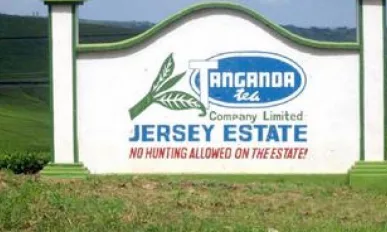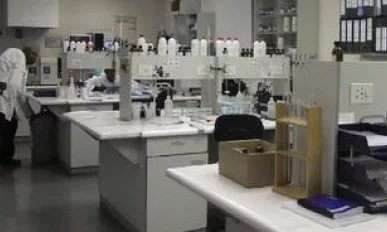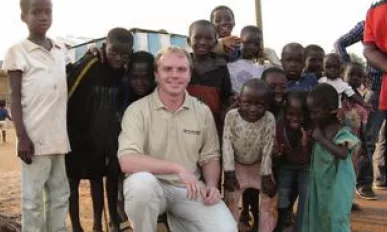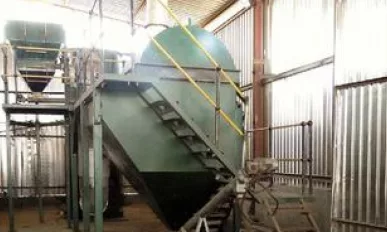Issue 04
Tanganda Tea Company : What a Beau-Tea
Tanganda Tea Company Limited is the largest producer, packer and distributor of tea products in Zimbabwe.
Superclean : We’re Cleaning Up!
With over 650 clients in KwaZulu-Natal, SuperClean is one of the most successful privately owned commercial cleaning companies in South Africa.
Broll Property Services Nigeria : Invest in Nigeria!
Erejuwa Gbadebo, CEO of Broll Property Services Nigeria, discusses the “huge potential” of the country’s property industry.
PERI Southern Africa : PERI Targets Africa
Since May last year, Theunis Visser, Head of Business Development at PERI Southern Africa, has been heading the company’s moves into the continent and he loves it.
Bophelong Construction : Taking the High Road
Africa Outlook talks to James Popper, CEO of Bophelong Construction, a South African BEE roads, civils and earthworks company.
Medhold Medical : Prognosis for Growth
Turning 25 years old is always a special occasion, but Matthew Stephens, CEO of Johannesburg-based Medhold Medical, is even more excited about what the next ten years will hold.
Hersol Manufacturing Laboratories : Invest for Success
A programme of continuous improvement and investment is paying off at Hersol Manufacturing Laboratories, one of South Africa’s leading pharmaceutical contract manufacturing companies.
Davis & Shirtliff : Taking the Lead
Africa Outlook talks to Alec Davis, CEO of Kenya’s Davis & Shirtliff, a firm that has been rapidly expanding its horizons across the region.
Clean Power Systems : Smart, Clean Power
Clean Power Systems provides cost effective, clean power products that reduce operating expenses for mobile networks.
Airtel Ghana : Upwardly Mobile
Ghana's telecoms and ICT sector is full of opportunities for both local and international firms, says Philip Sowah of Airtel Ghana.
Goldplat : Profits, Not Gold
Africa Outlook talks to Goldplat plc CEO Russell Lamming, the man refocusing the AIM-listed firm.
DTC Botswana : A Cut Above the Rest
In 2011 De Beers and the Botswana government signed a ten-year agreement to move the London DTC to Botswana.














